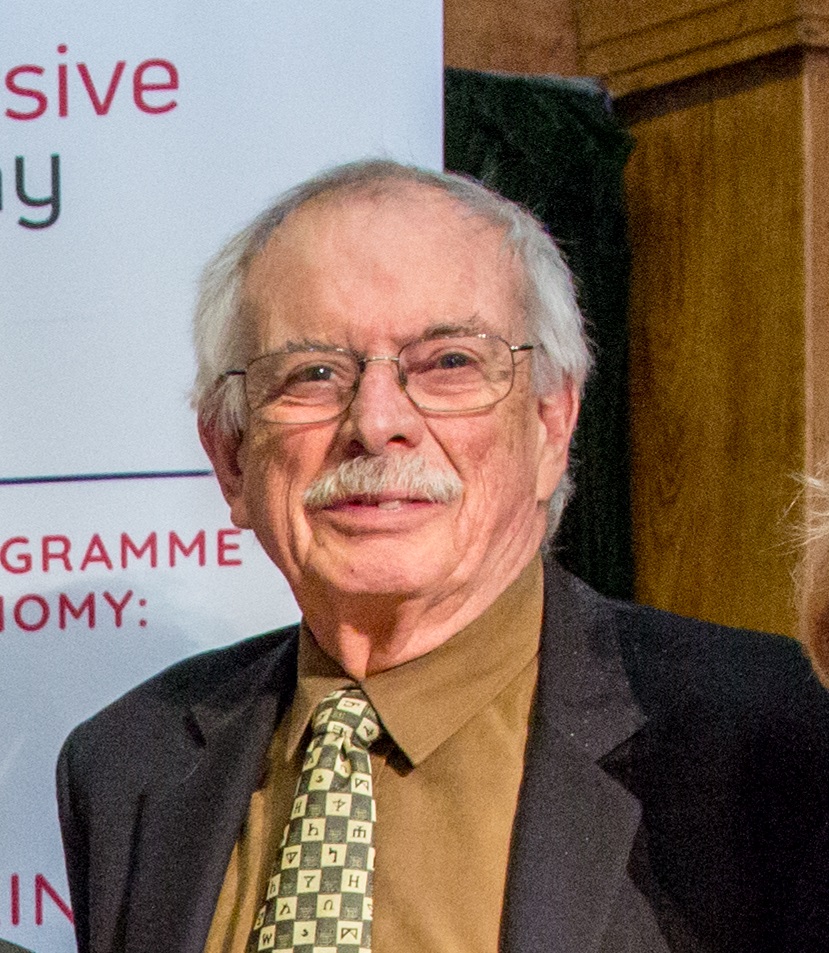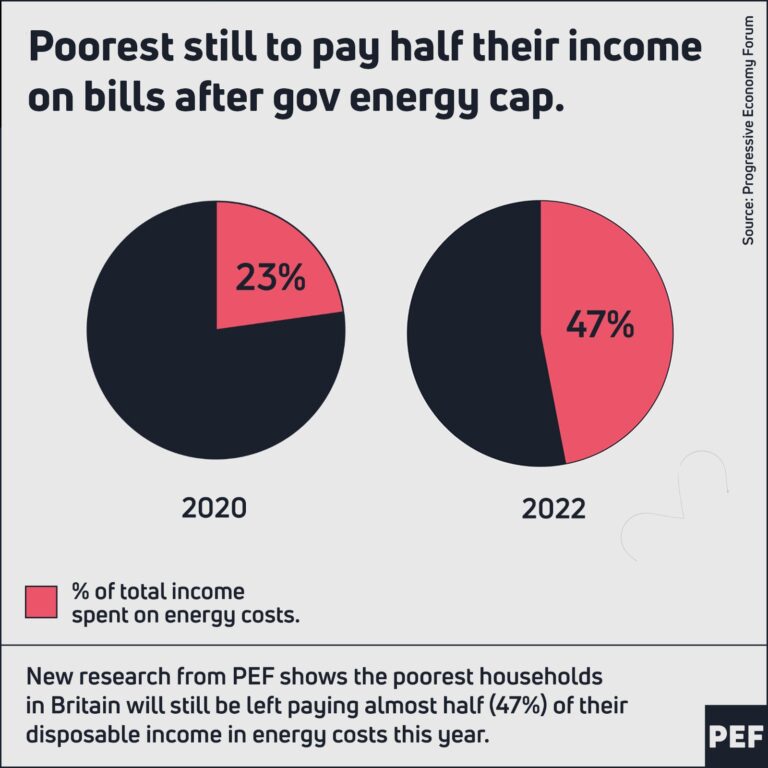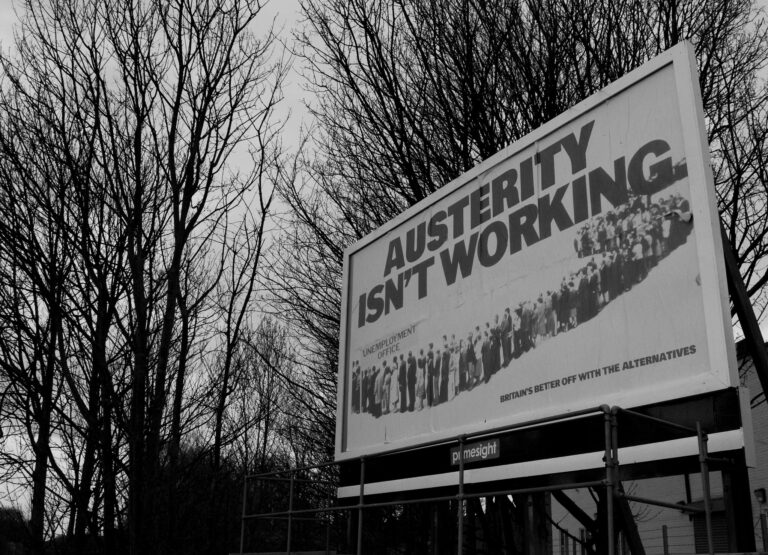A recent article in the Guardian highlighted a major problem in economic research in the United Kingdom. The article, titled “UK economy defies Brexit gloom”, devotes itself to explaining why the possibility of leaving the EU has not manifested itself in more unfavourable economic indicators.
To address this question the article seeks opinions from commentators solidly anti-Brexit who have repeatedly predicted serious economic consequences of all varieties of ending membership. For example, it tells us that former member of the Monetary Policy Committee of the Bank of England, Danny Blanchflower (now resident in the United States), “warned that the political chaos would feed through to the economy eventually”. In the event, Professor Blanchflower may be proved correct.
However, the statement brings to mind the cynical view that “no important question in economics can be determined empirically”. (I first heard this in the 1960s from Kenneth Boulding, and it is attributed to many). The ambiguity in assessing current economic events has a clear source, the impossibility of developing a methodology in which experiments can be repeated under controlled conditions.
The assessment of Blanchflower and others referenced in the article (Bank of England and another ex-PC member Andrew Sentance) refer to events over a few months in circumstances that cannot be repeated in practice or methodology. Macroeconomics has a framework, imperfect as it may be, for assessing past prevents, which I discuss below. Because of the complexity of our economy, a wise person maintains scepticism about the expert opinions expressed in the Guardian article (and similar ones in the Financial Times and Telegraph).
In the final months of 2018 and into 2019 at least three major influences acted on the UK economy: 1) what appears to be a gathering global economic slowdown (treated for the EU in a recent blog); 2) continued fiscal austerity by the UK government (pursued in a subsequent blog); and 3) the short and longer term consequences of an anticipated disorderly exit from the European Union. Methodologically the first two are the easier to evaluate because we have the statistics of cause and outcome, though the third may prove the most important. The first two should not be ignored and identifying relative importance of each should not be based on opinion, however expert, of those with clear and publicly stated political predilections.
What is the rational and professional way to proceed? As indicated above, macroeconomics has a well-travelled approach to assessing complex causality, construction of a formal, mathematical model, to which the researcher can apply the appropriate statistics. These models should have at least three steps: 1) clear definition of the appropriate variables, 2) specification of the behavioural relationships among those variables; and 3) defining when the model is “at rest”, sometimes called the “closure condition”. When these steps are taken, we can apply data to the formal model to generate results whose usefulness we assess with standard statistical techniques.
No consensus exists on the appropriate model. An obvious difference of agreement arises over “closure conditions”. Do we construct the model such that the statistical outcome requires that the model be at full employment (however defined)? So-called orthodox models tend to incorporate that condition, while heterodox approaches use other closures, such as aggregate demand equals aggregate supply.
Thus, economists certainly do have a procedure for evaluating complex macroeconomic processes, but different schools of economics imply different models to make those evaluation. In face of this analytical indeterminacy, the non-experts must base their evaluation of the various expert assessments on the perceived professionalism and objectivity of those constructing the models and generating results.
In my opinion in Britain we currently have no major institution whose economic assessments qualify as professionally sound and objective. I question the objectivity of the Office of Budget Responsibility first because it is a central government agency, and second because of its political predilection to balancing the overall budget as measure of fiscal achievement. The Office of National Statistics provides useful empirical evaluation of specific issues, but does not regularly generate macroeconomic scenarios.
The most prominent non-governmental institution regularly offering assessments of economic policy impact is the Institute for Fiscal Studies. However, its approach to the economy is microeconomic, not macroeconomic, and it shares the OBR predilection to overall budget balancing (see my critique).
A few countries have or had institutions whose economic evaluations qualify or qualified as professional and objective. The United States has two, the Brookings Institution (founded in 1916 and the link to its forecast for 2018) and the National Bureau of Economic Research (founded in 1920 by then famous economist Wesley Mitchell). While not free of bias or predilection, these institutions have over decades established and maintained reputations for forecasts based on high professional standards).
In my view, we once had in Britain the near equivalent of Brookings and the NBER, albeit on a much smaller scale, the policy model by Wynne Godley at Cambridge University. While eccentric in its construction, the model was widely respected in the 1970s. The Thatcher government terminated its funding, which was overwhelmingly from the Treasury. He subsequently moved to the Levy Institute at Bard College in New York and continued his modelling.
The current lack of professionally reliable forecasting has a straightforward solution. The British government should create a macroeconomic research institute through existing research councils or by ear-marked funding. As current institutions demonstrate the major challenges will be to establish and maintain professional standards, political objectivity and a consistently macroeconomic focus. Inclusion of non-economists on the governing body would aid professional balance. It is very unlikely that a Conservative government would create such an institution, which makes it a necessary task for the next Labour government.
Photo credit: James Mitchell / Flickr








